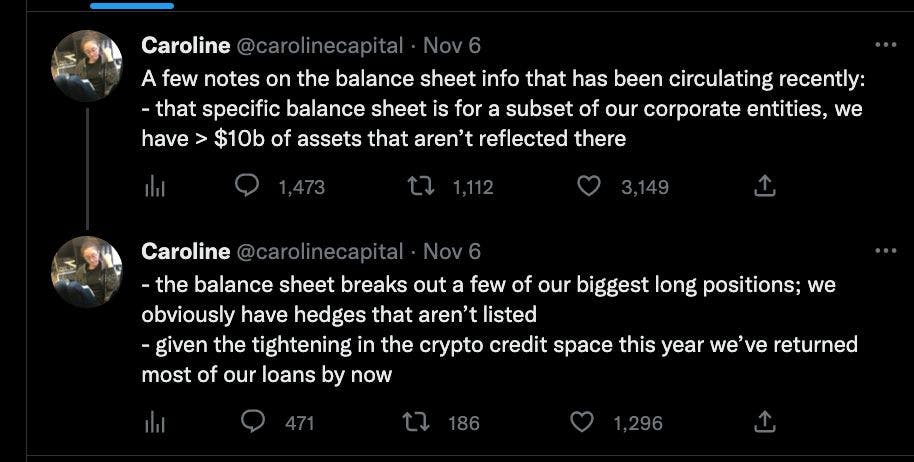914 reads
At SBF's direction, Caroline materially misled investors that Alameda was fine. It was not.
by
December 29th, 2022
Audio Presented by

Legal PDFs of important tech court cases are far too inaccessible for the average reader... until now.
About Author
Legal PDFs of important tech court cases are far too inaccessible for the average reader... until now.
